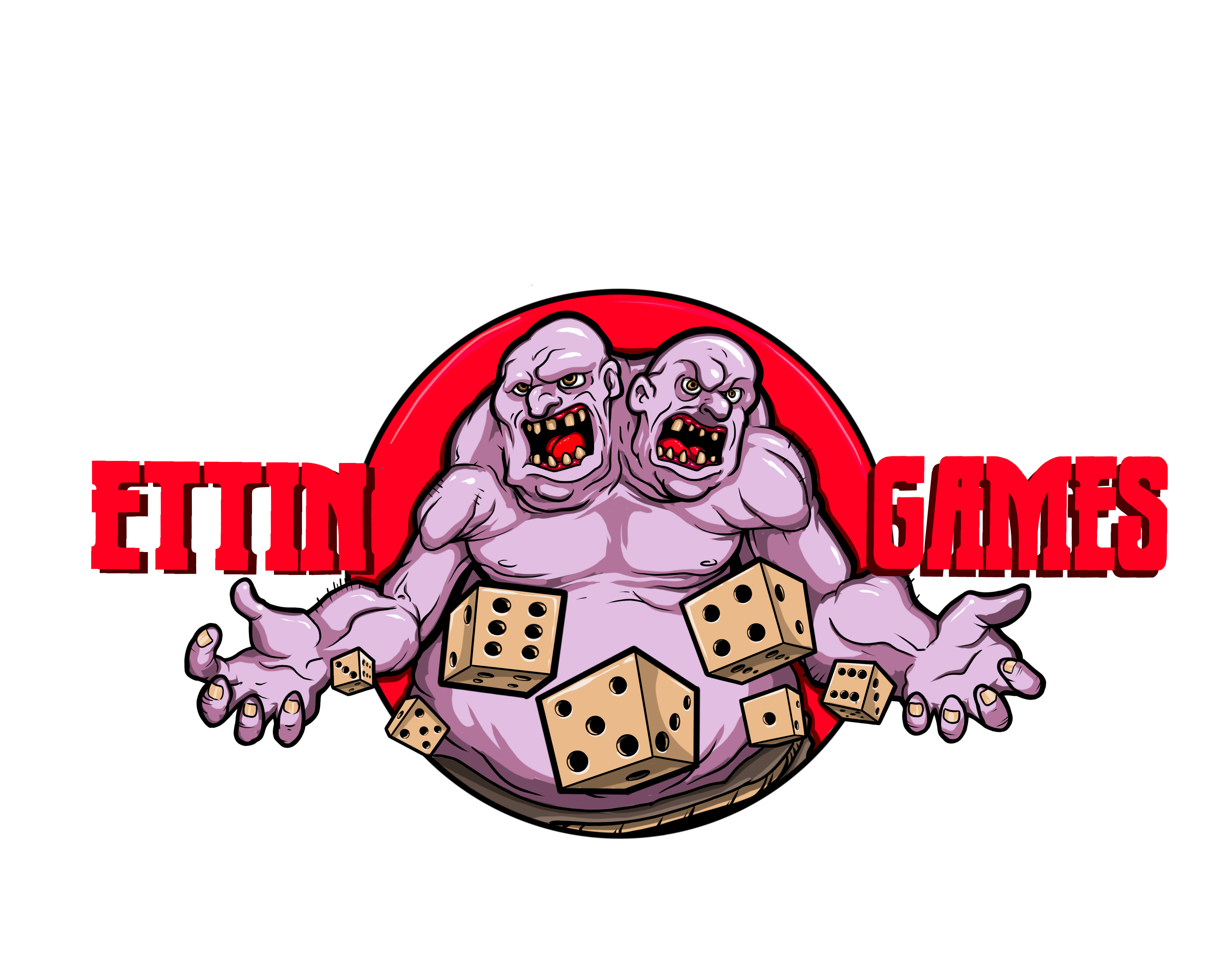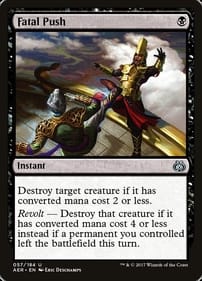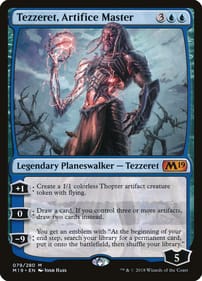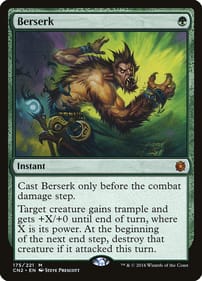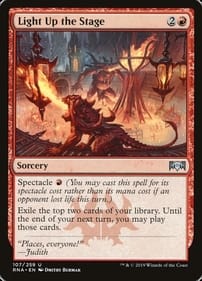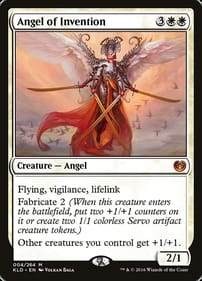There you stand, math rocks clattering across the table, an endless sea of ones and twos. Your back up against the hard place as the rock that is your opponent’s army makes good on that unspoken promise to crush you beneath their superior firepower and overwhelming martial prowess. The gap in score isn’t insurmountable, but another flurry of bad rolls begins to snuff out that voice in the back of your head saying there is still a path to victory. Your demeanor begins to sour and your opponent can see the enjoyment of what could have been a good match leaving your eyes.
Prior to my experience at the Austin Open, this would have been about the time where I would have politely called the match and walked away, foregoing any possibility that at a later point in the game something could have very much gone my way. This comes from, in part, believing in fostering a certain experience for my opponent as well as for myself. While I enjoy competitive play, my ultimate goal is to create an environment that is fun - one that celebrates my opponent’s achievements and the chaos that comes from rolling dice. So, when I begin to feel myself turning into a right and proper grump, I will usually excuse myself in an effort to maintain as much of that positivity as one can in that situation. However, in most cases, the damage has already been done and in reality I am really looking to save myself from getting frustrated over a game.
Now, I say all of this to lead into why, in the competitive sense, we should not walk away from a match. But, I do believe there is merit in doing so in those extreme cases where one’s emotions might get the better of them. I also still aim to foster that fun and celebratory environment - I am just doing so from a new vantage point thanks to the experience at the Austin Open.
The first, and arguably most important and probably controversial reason to not walk away is that, despite being in opposition with your opponent, Warhammer 40K is a cooperative game. That is to say that both sides of the table have to agree and cooperate for the game to even progress. We share information, confirm or deny measurements, even hold down a finger to mark where our opponent’s can place the model they would like to move. Both players are working toward the same goal, which is to see that the game starts and ultimately concludes - even if the desired outcome of that conclusion ultimately differs in the end. But without that cooperation, there is no moving forward.
Which leads into the second reason. Perspective. This was a big one for me, especially in my game against Sam, where the outcome shifted entirely in my favor with my final score being a surprising 100. Earlier in the game, the perspective from my side of the table was bleak. I was more than frustrated. Felt powerless and like I was just getting chewed through with no real path to victory ahead of me. Sam could have let me walk away. After all, that would have scored him a win. But the perspective from his side of the table was something else entirely.
While Sam took the time to walk me through what he saw may not always happen, there is a lesson to be taken from that experience. Put yourself in your opponent’s shoes. Start asking questions. Get a good layout of what that opposing army can actually accomplish once you start swinging back. Change your perspective. Remember, the game is ultimately driven by cooperation and leaning into this is far from a bad thing.
Toughest to perhaps grasp is the third reason. Experience. The word alone casts a fairly wide net when we consider the actual meaning. In this instance, my meaning is solely related to the experience of starting a game and, as previously mentioned, completing said game as intended. The reason I feel this particular experience is important and another reason not to walk away is because of my final game on day two of the Austin Open. During this particular game my dice were simply not having it. I achieved some solid victories, but ultimately I was making little headway in stopping the thundering Dreadknights making their way across the table. We were both exhausted and my opponent’s voice was raw. I was more than happy to give him the game when he expressed wanting to play it through because he was competing for points with his family. My focus became that of giving my opponent the experience he came looking for.
The experience of that game, of my game with Sam, of the tie with Jamus and his Necrons, all served as a strong reminder that Warhammer 40K is far from being just about me and my desire to create a fun atmosphere. After all, that can be achieved in any number of ways, prime among them being the realization that a change in perspective can ultimately lead to better cooperation at the table and more celebrations of the good and commiseration of the bad. Not just that, but also that there will always be instances where things may not be going well, then the following turn comes around and the rolls (yes, I’m talking about the dice), in a manner of speaking, reverse.
There will always be situations where the best choice to make is to step away, even if just for a moment, to clear your head. Fewer still when one should entirely walk away, especially before considering what has been laid out here. However, in the end, we should always strive to cooperate with one another, share the perspective from our side of the table and, to the best of our ability, give every opponent and ourselves the experience of a full game.
With that all said, keep those dice rolling.
Author: Kevin 'War Dog' McC.
